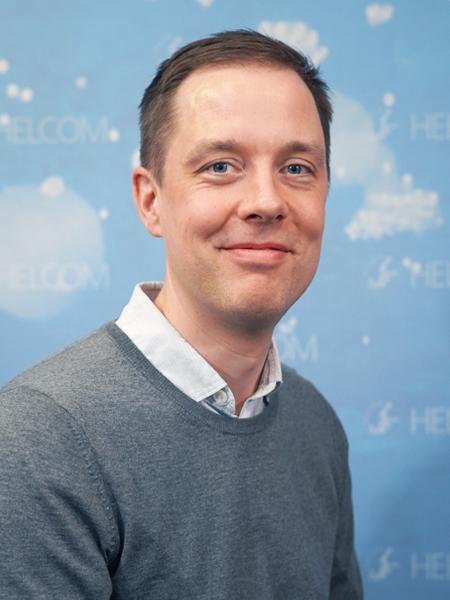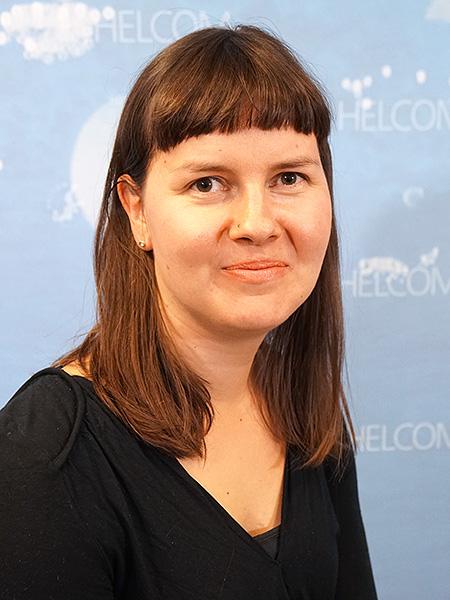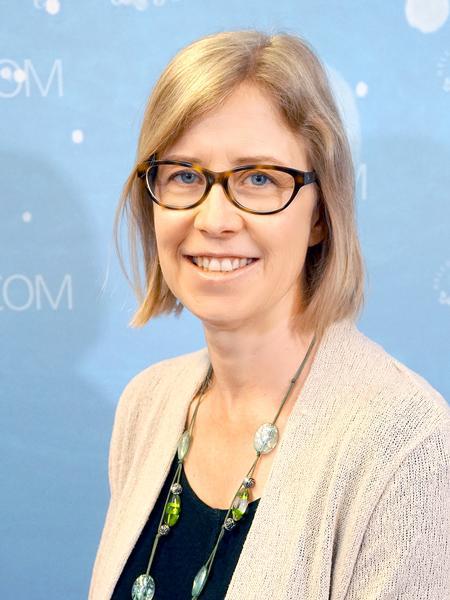CiNURGi
Circular nutrients for a sustainable Baltic Sea Region
Background
Reducing eutrophication is a key measure to protect and restore the Baltic Sea, its biodiversity and ecosystems. To achieve set targets by further reducing inputs of nutrients causing eutrophication, more resource-efficient food systems are needed. Building circular economy of nutrient recycling in the Baltic Sea Region is expected to improve resource-efficiency of food systems through keeping essential nutrients in the cycle available for plants for food production and minimizing nutrient losses to environment. In addition, recycling nutrients more efficiently improves security of supply and promotes climate-neutral food production in the Baltic Sea Region.
To increase the circulation of the available nutrients and reduce losses, nutrient rich residual biomasses and materials should be utilized for production of recycled nutrient fertilizers, balancing regional nutrient imbalances.
Recycling nutrients from various sources can pose risks of contamination with harmful substances depending on the source material, its management and processing. Current knowledge, methods and guidelines on set limit values and quality criteria for safe production and use of recycled fertilizers are fragmented. Science-based comprehensive understanding to set and reinforce limit values and quality criteria is needed.
For recycled fertilizers it’s difficult to compete in the market with industrially produced fertilizers, which also have well established supply chains, application methods and known performance. Without a market demand for recycled fertilizers, a circular economy for nutrients will never develop.
Objectives
The main objective of CiNURGi is to support the implementation of the HELCOM Baltic Sea Regional Nutrient Recycling Strategy. The vision of the strategy is that nutrients are managed sustainably in all HELCOM countries, securing the productivity of agriculture and minimizing nutrient loss to the Baltic Sea environment through efficient use of nutrients and cost-effective nutrient recycling.
Specific objectives of CiNURGi are aimed at addressing the three main challenges identified to establish circular economy for nutrients in the Baltic Sea Region:
- First, CiNURGi will assess the current potential for nutrient recycling to contribute to national and regional nutrient balances, assisting national and local authorities in determining where best to focus efforts for nutrient recycling to utilize nutrients from areas with high nutrient surplus for production of fertilizers;
- Second, CiNURGi will develop local and regional industry standards to ensure safety and quality in recycled nutrient fertilizers, supporting end users and farmers;
- Third, CiNURGi will increase the acceptance of recycled nutrient fertilizers and support creation of market for them, encouraging new business models with cross-sectoral cooperation and improving the economic viability of nutrient recycling.
Approach
The project’s approach is preparing solutions, piloting and evaluating solutions, and transferring solutions to each challenge, translated to objectives which are aimed at meeting the needs of identified target groups. The main target groups are farmers as the end users of fertilizers, businesses implementing nutrient recycling technologies and building circular economy business models, and local, regional and national public authorities.
Key outputs from the project are:
- Strategies for implementing nutrient recycling to improve national and regional nutrient balances;
- Guideline industry standards for the evaluation and quality assurance of recycled nutrients;
- Recommendations for regional policy instruments to support the development of a circular economy around nutrient recycling;
- Implemented solutions for nutrient recycling from different sectors.
Project partners and HELCOM’s role
The project has RISE Research Institutes of Sweden as lead coordinator, and it is supported by a consortium of 24 partners and 13 associated organizations from various countries around the Baltic Sea, including Denmark, Estonia, Finland, Germany, Poland, Latvia, Lithuania, and Sweden.
In the project, HELCOM’s role is to ensure that all regional expertise is taken onboard through close collaboration with relevant HELCOM groups and that solutions translate into regional policy proposals so that they are ready-to-use by relevant administrations. HELCOM also organizes a thematic project event.
Budget and funding
Total budget of the project is 6 536 861 €. Funding is provided by the Interreg Baltic Sea Region, co-funded by the European Union. EU’s contribution is 5 229 489 €. HELCOM’s share of the total budget is 282 992 €.
Project duration
The Project runs from November 2023 until October 2026.
Website
https://interreg-baltic.eu/project/cinurgi

Contact

Eetu Virtanen
HELCOM Project Coordinator
eetu.virtanen@helcom.fi
+358 44 760 3782

Susanna Kaasinen
HELCOM Associate Professional Secretary
susanna.kaasinen@helcom.fi
+358 40 536 5819

Lotta Ruokanen
HELCOM Professional Secretary
lotta.ruokanen@helcom.fi
+358 40 505 0392
